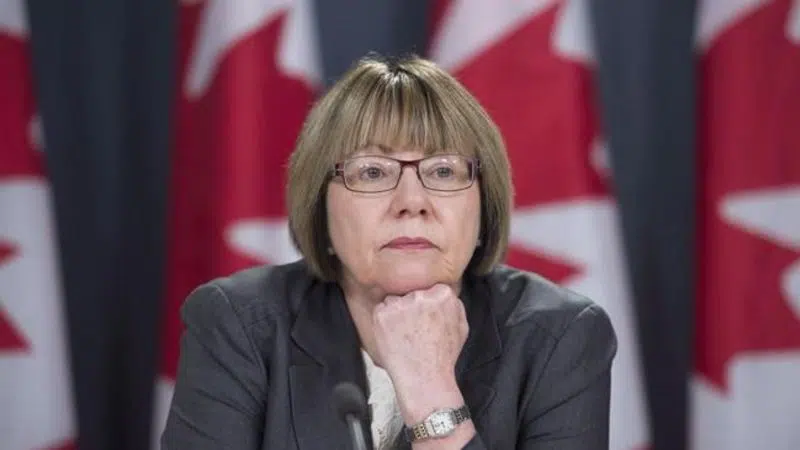
Trudeau turns to political veteran McLellan on tips to form government
OTTAWA — Prime Minister Justin Trudeau is turning to two political veterans to provide advice on forming a minority government in the face of renewed talk of separatism in Quebec and the West.
Anne McLellan, a one-time deputy prime minister and lone federal Liberal voice from Alberta, is among those providing tips to Trudeau as he ponders how best to navigate through a second mandate with no representation from Alberta or Saskatchewan, where feelings of alienation are running high.
Isabelle Hudon, Canada’s ambassador to France and a former well-known Quebec business leader, is also on the transition team, which must also cope with a resurgence of the separatist Bloc Quebecois in Trudeau’s home province.
The transition team is being headed by Trudeau’s chief of staff, Katie Telford, and the top federal public servant, Privy Council Clerk Ian Shugart.


